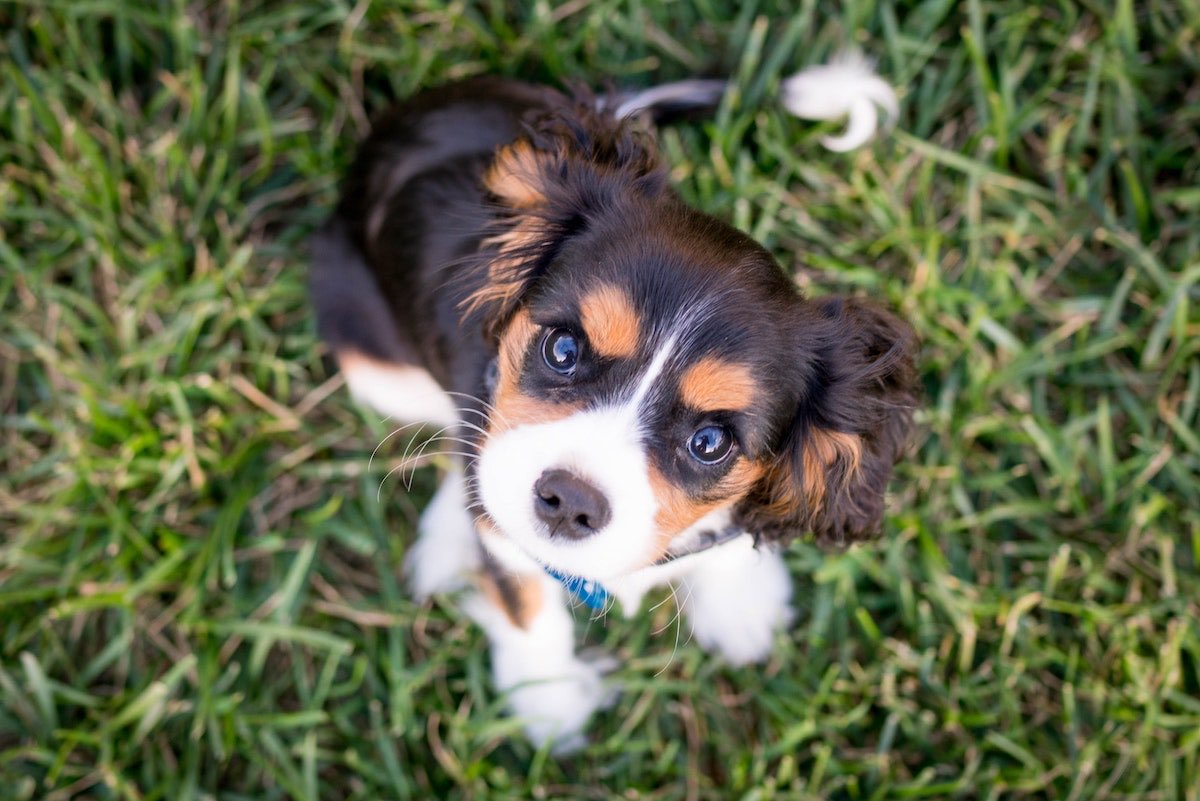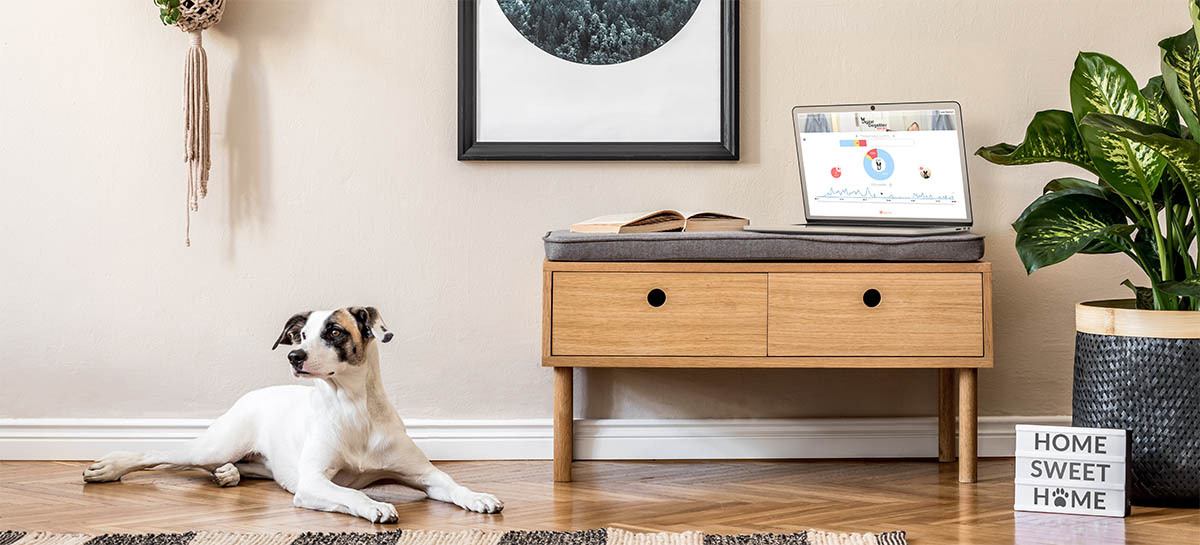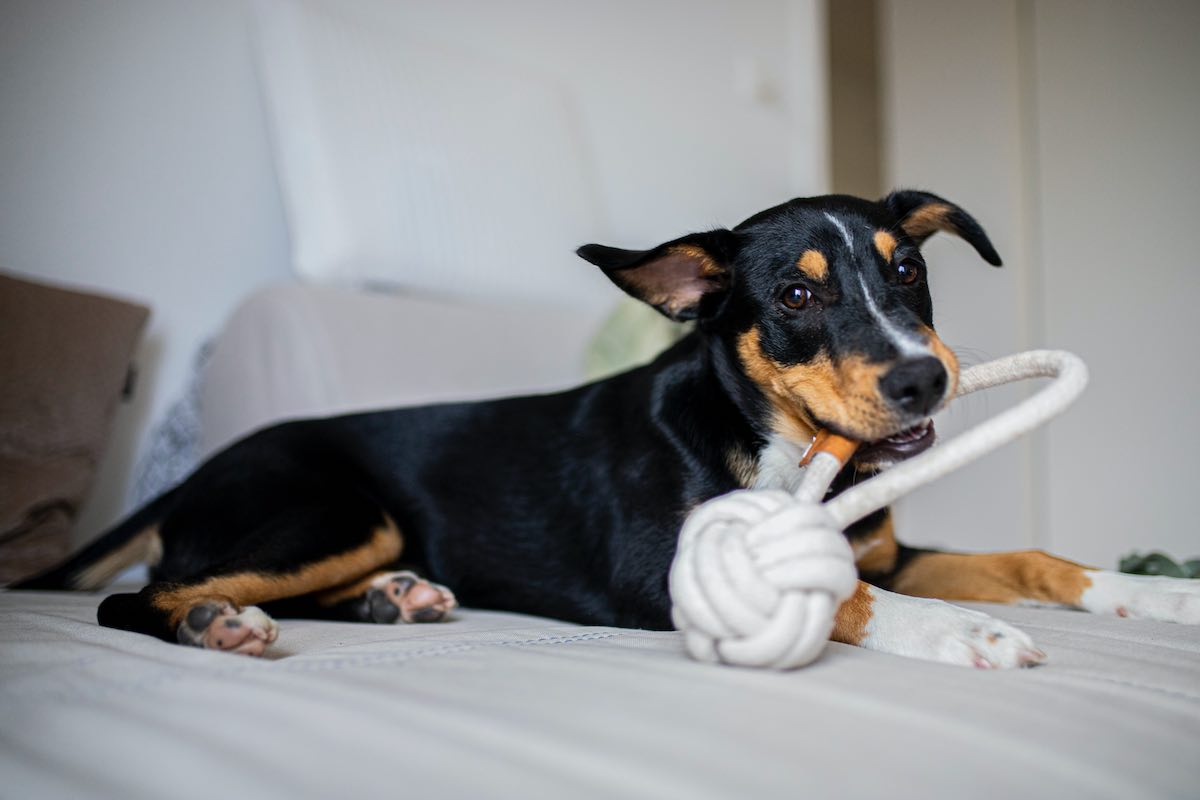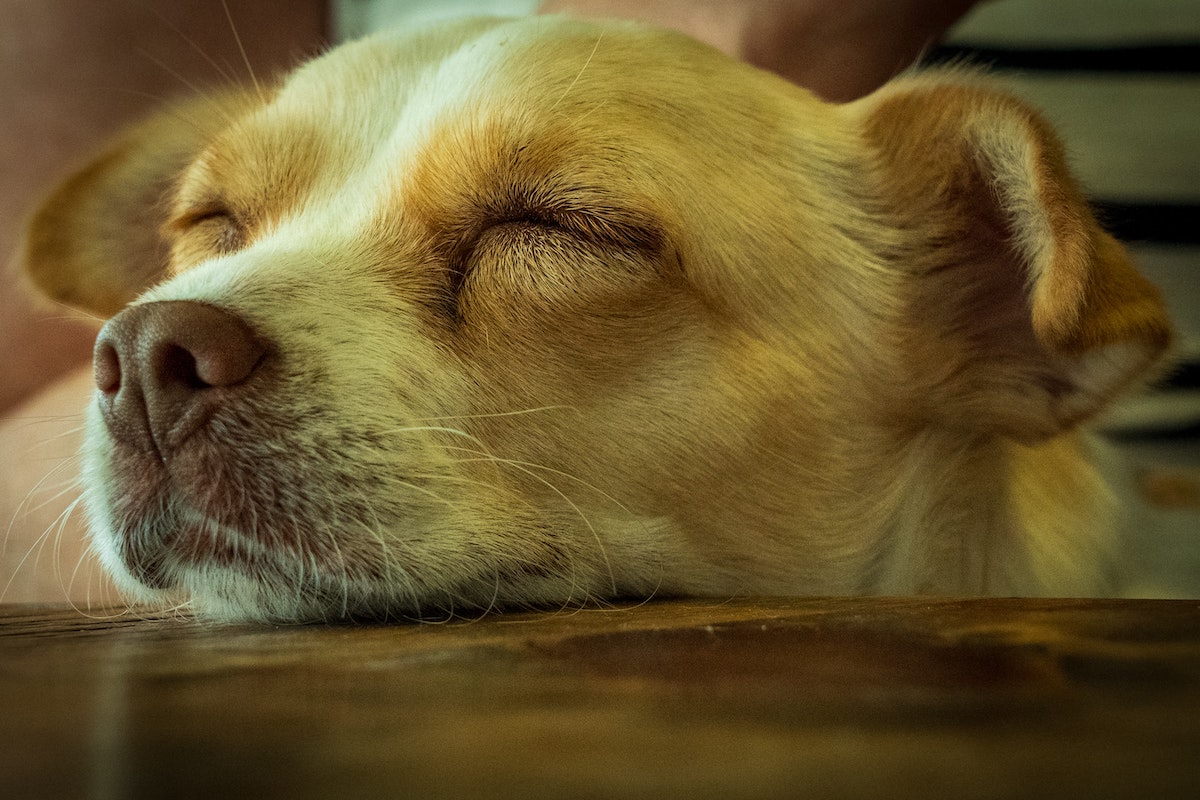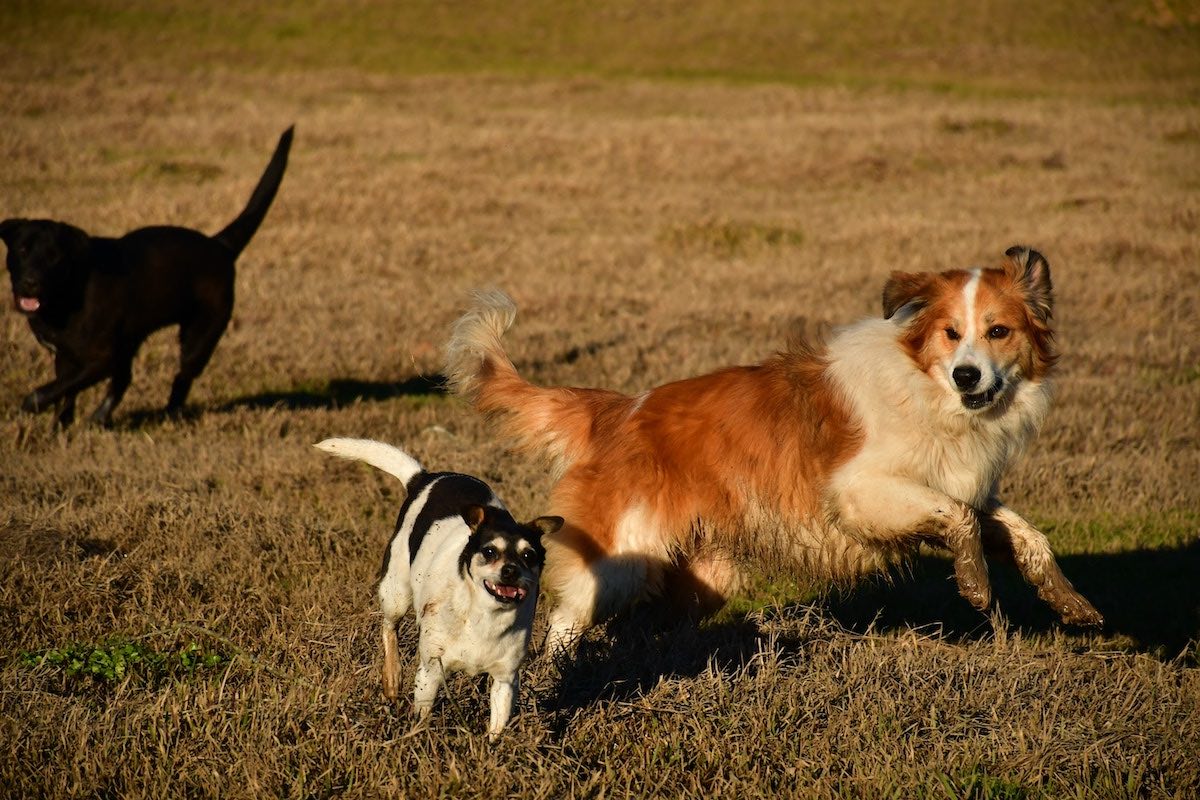Welcoming a new puppy into the family is an exciting and eagerly awaited event. The puppy's adaptation and upbringing play a crucial role in shaping its future life, which is why it's a good idea to give some thoughtful consideration to the first few days and weeks in their new home well in advance.
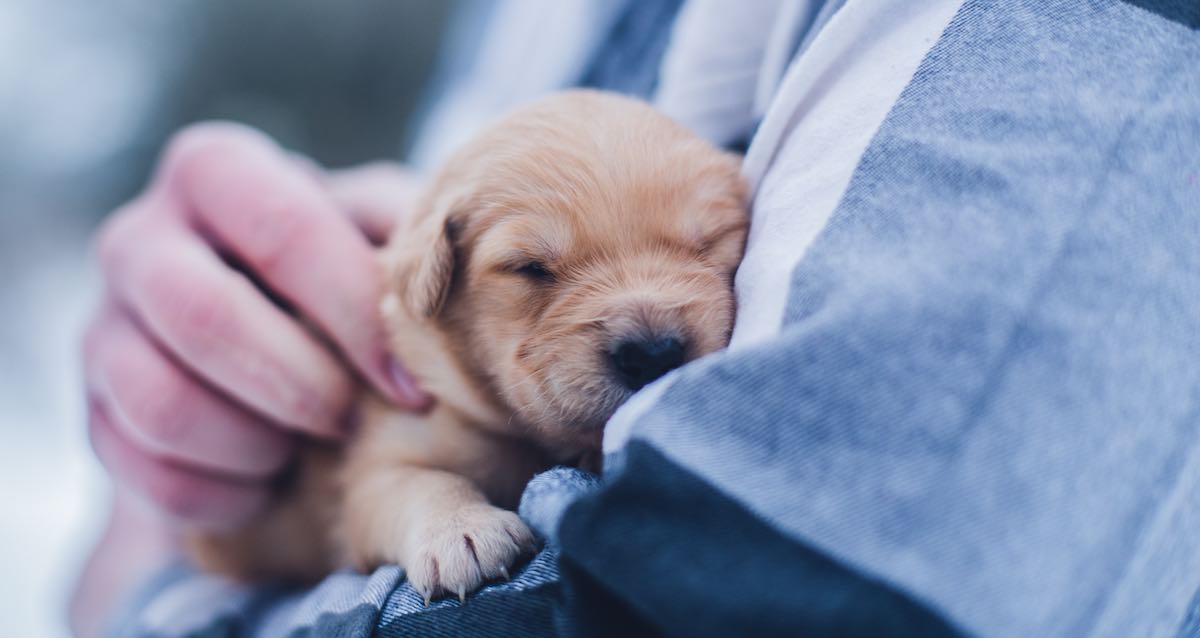
Preparing the Puppy's Handover with the Breeder
During its time with the breeder, the puppy has most likely been constantly surrounded by its mother and other puppies. During this time, it has experienced a part of its essential socialization period. A responsible breeder will have introduced the puppy to everyday things, such as various surfaces and objects, going outside, and often even car rides. It's a good idea to discuss with the breeder in advance whether it's possible to have the puppy spend brief moments away from its mother and littermates in the last few days before the handover. This way, the move to their new home won't be filled with so many exciting or potentially scary events all at once.
It's also a good idea to visit the puppy at the breeder's place several times beforehand, if possible. This allows the puppy to form positive experiences with the people it will eventually leave the breeder with, even before moving to its new home. The things learned at the breeder's have a huge impact on the puppy's learning process. For example, a puppy that has tried to escape from its pen may attempt to do the same in its new home. This can confuse the owners, who might mistake the puppy's behavior as symptoms of separation anxiety. If necessary, the habits learned at the breeder's can be adjusted by gradually getting the puppy used to things again over time.
Puppy's Rest and Recovery
Even though it might seem like a lot, a puppy needs to sleep for up to 18-20 hours a day. It's important to provide the puppy with a consistently available, calm space of its own. Many puppies enjoy resting in a dog bed or a cushioned crate. At this stage, resting alone in a secluded place might not be the puppy's preferred option, so it's a good idea to set up the resting area close to others, but still in a relatively dim and quiet spot. You can also cover the crate with a blanket to create a calmer and darker environment. The goal of using a crate is not to confine the puppy but to enable rest in a protected space surrounded by walls.
Puppies enjoy simple enrichment activities and exploring things like chew toys. Puppies explore the world with their teeth, so be cautious when providing cardboard and other enrichment materials to ensure they don't swallow any inappropriate items. It's also possible for pieces of chew toys to get stuck in their throats if they're too large, so it's best to choose completely splinter-free bones that don't easily break off into swallowable pieces for young puppies. Enrichment helps puppies recover from daily activities and plays a crucial role in regulating every dog's vitality level. Research has shown that dogs lacking enrichment are more likely to exhibit behavioral issues. Insufficient enrichment can lead to changes in dogs' neurotransmitter function, similar to those seen in humans with depression. Ensuring proper recovery through careful enrichment is one of the best ways to help a puppy grow into a well-balanced adult dog.
Building Trust
Psychologically, puppies are at a stage similar to a four-month-old wolf pup, where they don't yet fully understand pack hierarchies. Puppies have a so-called "puppy license" that allows them to try different things in life without older dogs getting upset. Puppies need friendly, clear guidance, plenty of affection, and positive experiences with people around them. Before the puppy arrives, it's a good idea to think about how to handle situations, such as when the puppy grabs items not meant for them. Undesirable behavior can be changed by removing unwanted objects and offering the puppy appropriate alternatives. This way, the puppy becomes accustomed to handling items intended for them, and reaching for undesired items doesn't become a habit. Scolding or commanding a puppy can make them nervous and, according to research, create new problems in the long run, affecting the puppy's optimism, self-esteem, and interaction with their owner. It's crucial for the puppy to feel their environment and people are safe, predictable, and trustworthy.
Whenever your puppy is experiencing distress, remember to offer them comfort and security. If they struggle to sleep in a separate room, you can start by sleeping with them on the floor, and then gradually help them get used to sleeping more independently within their comfort zone. Avoid exposing your puppy to sudden stressful situations, as these can harm their psychological development and trust in humans. Besides sleep arrangements, think about the types of interactions you want your puppy to have. If other dogs or people come too close and scare your puppy, be sure to provide the necessary distance to keep them comfortable. Never stand by and watch your puppy in fear without attempting to soothe them and offer the safety they need. Observing interesting things from a distance, such as other dogs communicating with each other, can be an effective way for many puppies to socialize.
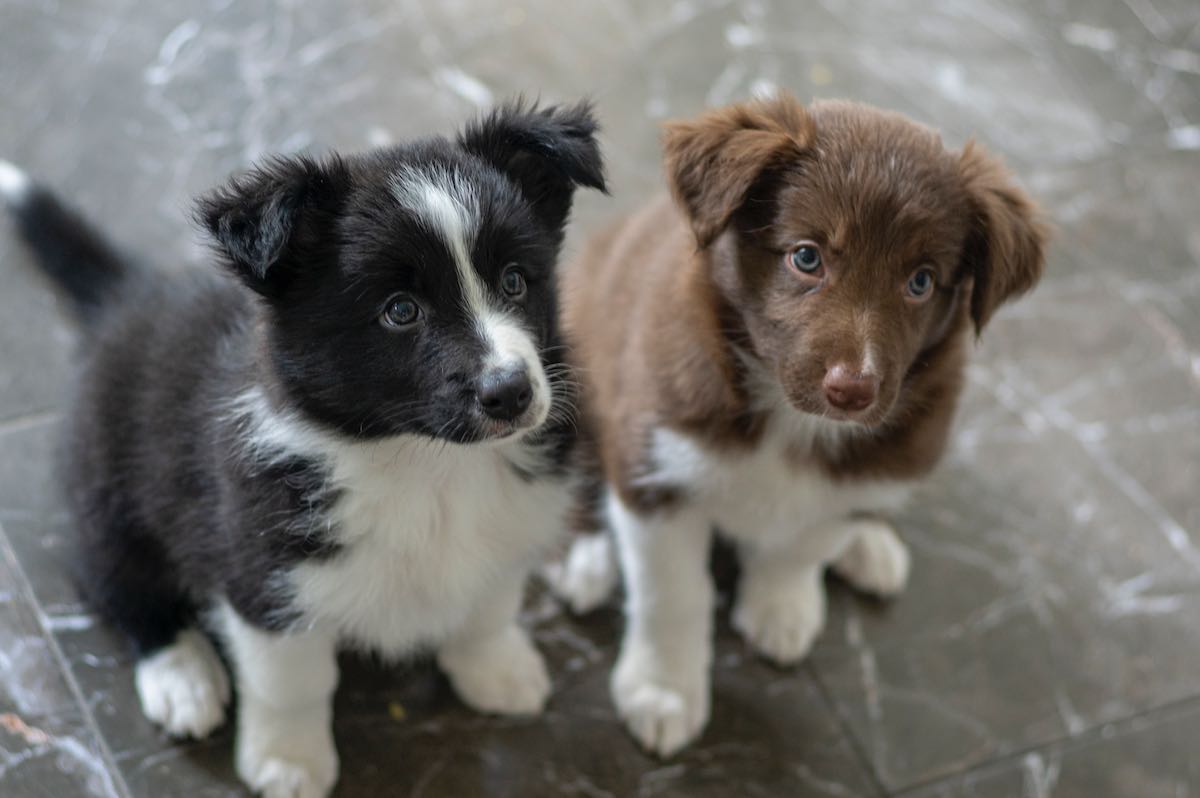
Adapting to a New Environment Requires Learning
Many new puppy owners wonder, "When is the right time to start training?" The answer is simple: puppies are always learning, and training is fundamentally just teaching your dog. As their environment changes, they continuously learn about their daily routines and surroundings. Furthermore, puppies expend energy on growth and development. It is essential to give them space and not immediately try to coach them on activities primarily centered around human interests, such as sitting or heeling. There will be plenty of time to teach these skills once your puppy has fully adapted to their environment and has the energy for new experiences.
Establishing Contact and Learning Their Name
The first behavior to teach your puppy is to establish contact with their owner. This can be achieved by selecting a short reward marker word, such as "Yes!," which is used whenever the dog's nose is directed towards their owner. The reward marker should consistently be followed by a food reward that the dog enjoys. Establishing contact is beneficial both indoors and outdoors. Within a few days, you can associate the desired word, such as the puppy's name, with the contact. Hearing their name should always result in rewarding experiences for the dog, such as food rewards or engaging social interactions.
Puppies learn easily, and many breeds, especially working dogs, are eager to practice from a young age. As an owner, it's just as important to ensure that your puppy gets enough rest and recovery as it is to teach them new skills.
House Training and Independence
House training is a concern for many new puppy owners. A popular method for teaching house training is using a puppy pen lined with puppy pads. This way, accidents are prevented, and the number of pads can be gradually reduced. The puppy is kept in the pen during rest times when the owner is not actively supervising. The easiest routine for house training a puppy typically involves taking the puppy outside immediately after eating, sleeping, and playing. You can find tips for using a puppy pen and starting other aspects of independence training here.
Puppy Exercise and Outdoor Time
At the time they are ready to be rehomed, puppies naturally take care of their own exercise needs, and they should not be taken on walks at a human pace. As a puppy reaches a few months old, it will naturally start to move around more on its own, and then you can consider going for walks together. The puppy's musculoskeletal system, such as bones and joints, should be allowed to develop without heavy sports, like agility and pulling work, until it is at least one year old. The ideal situation is for the puppy to have access to its own yard or another safe environment where it can run freely and explore things in addition to going outside on a leash. The amount of outdoor time for the puppy should be natural and appropriate, and the puppy should always be allowed to go inside if it wishes. Puppies can also get cold easily, so they need to be protected from the cold.
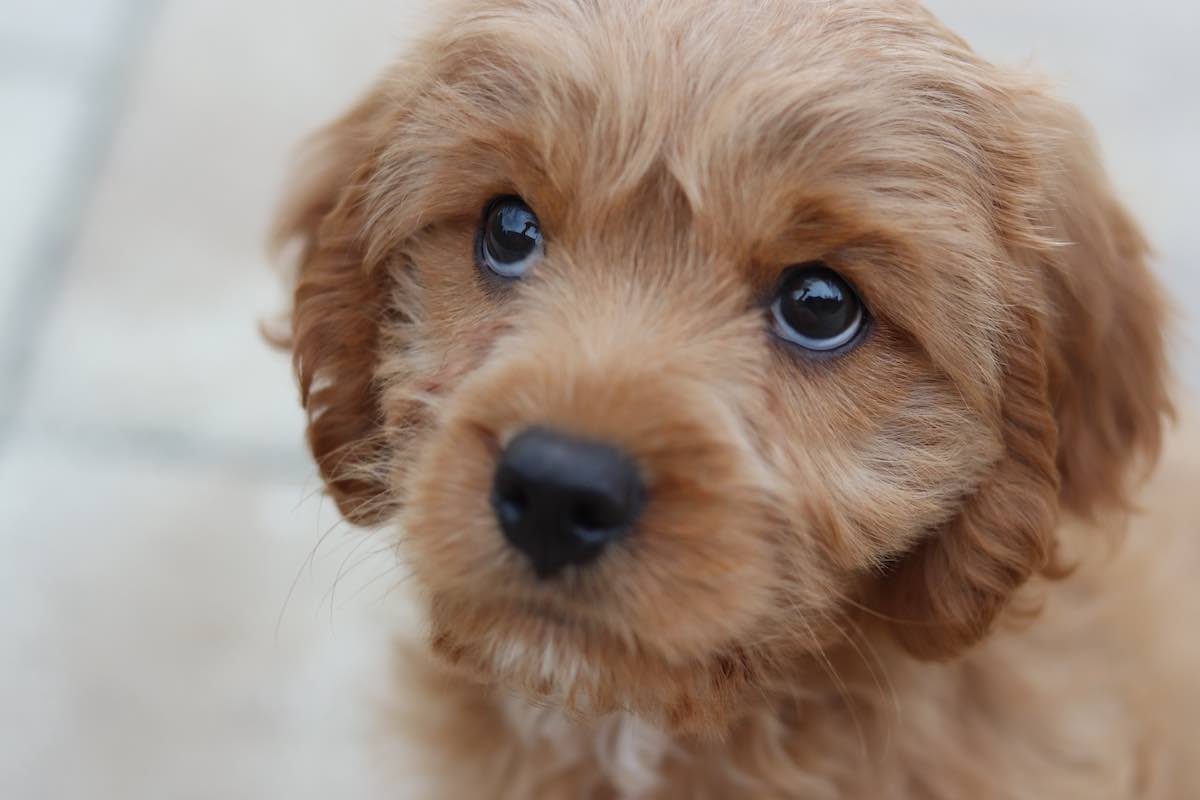
In Conclusion
Ensuring a good early puppyhood is, at its best, about living a simple, regular life with the puppy. Excellent conditions can be provided by ensuring safety and trust, opportunities for rest and recovery, age-appropriate outdoor activities, and a consistent daily routine. A dog's entire life is about learning, and a small puppy's life already consumes a lot of energy just getting used to everyday life, adapting to a new environment, and growing. Therefore, there is no need to actively train the puppy during the adjustment phase. Everything in life is a learning experience for a newborn puppy. After a few weeks of adaptation, the puppy's energy will be better suited to learning not only about its environment and daily life but also about the training goals chosen by the human.
 Deutsch
Deutsch English
English Español
Español Français
Français Italiano
Italiano 日本語
日本語 Português
Português Suomi
Suomi Svenska
Svenska
